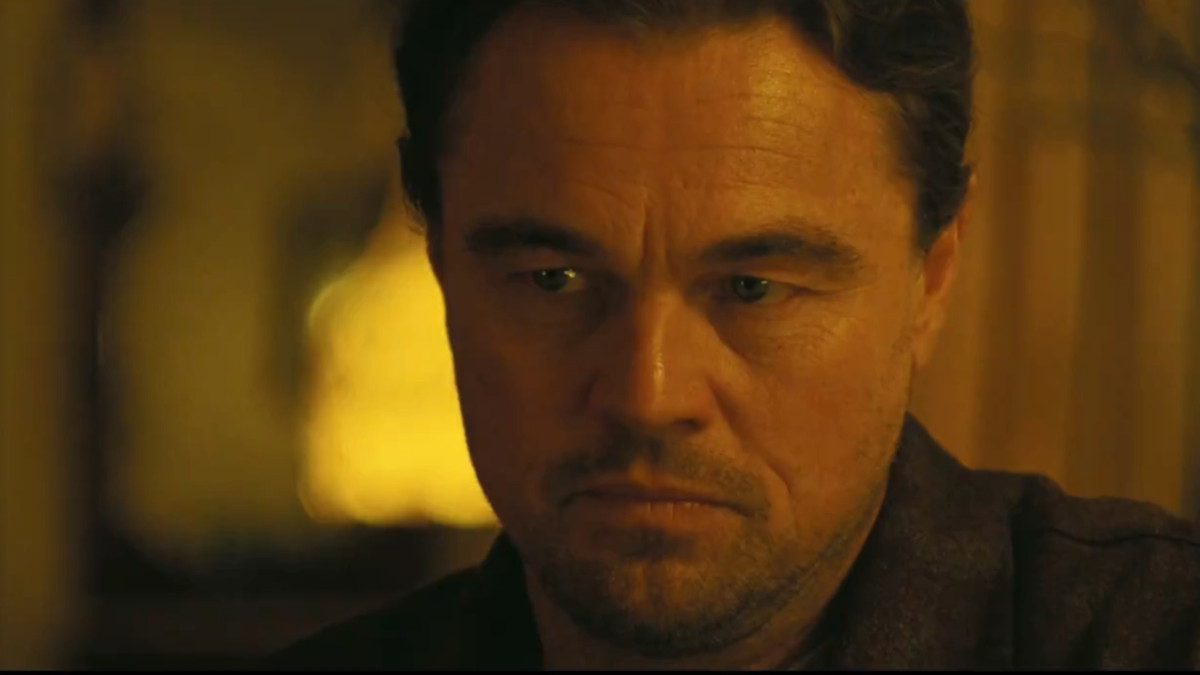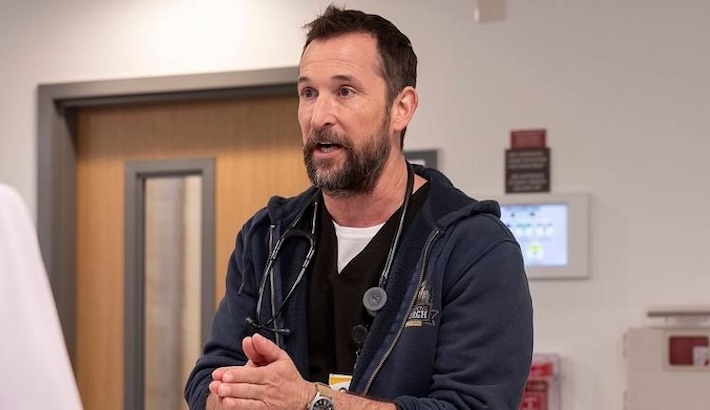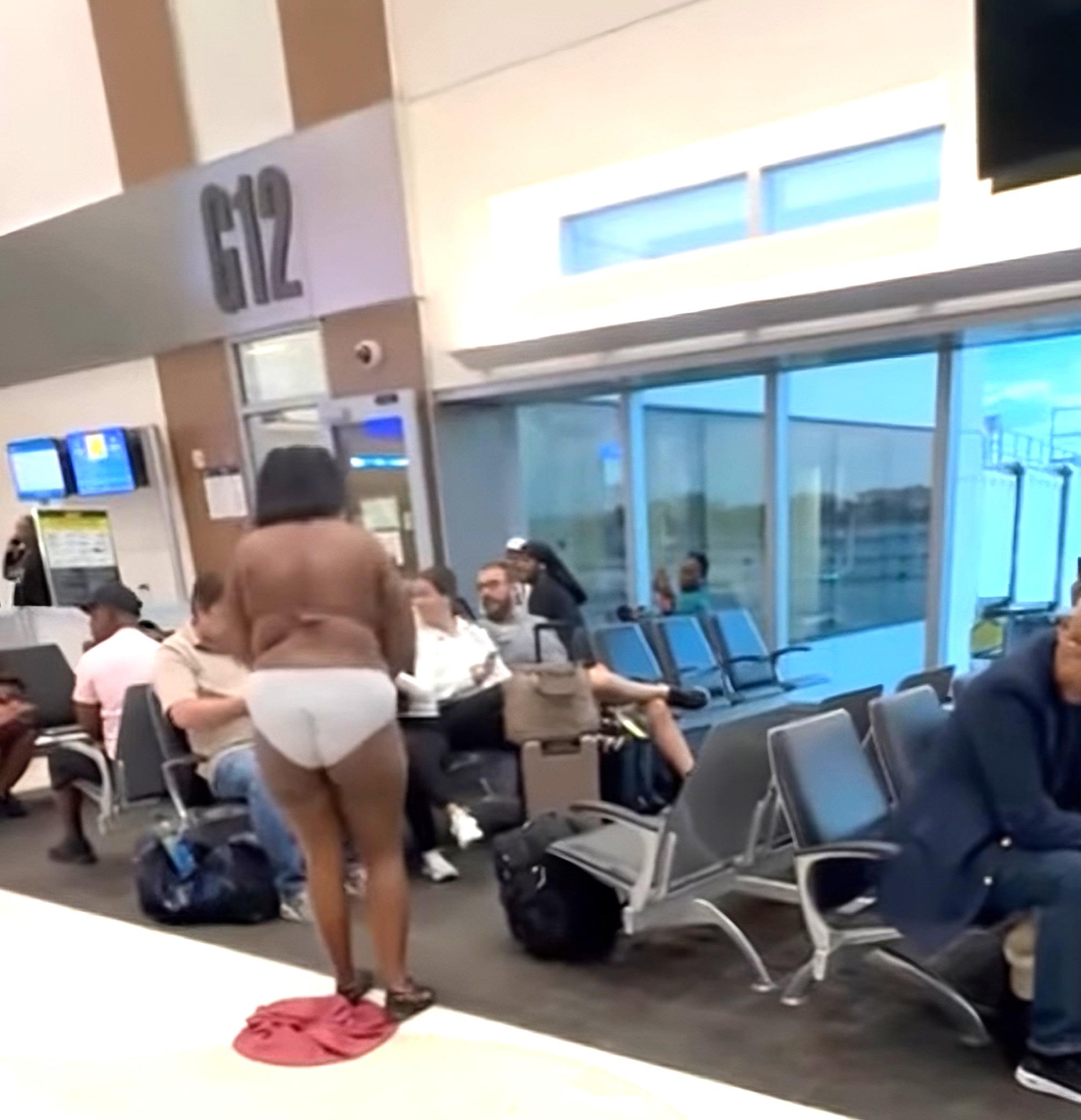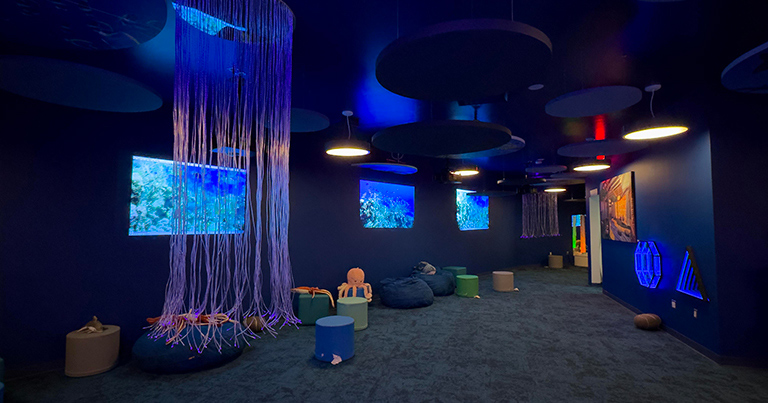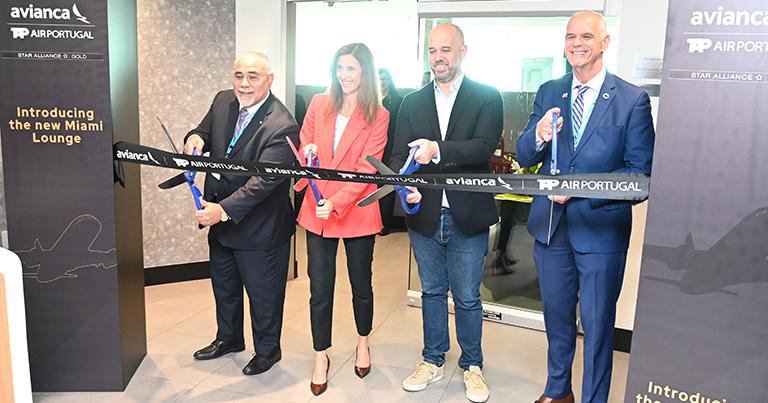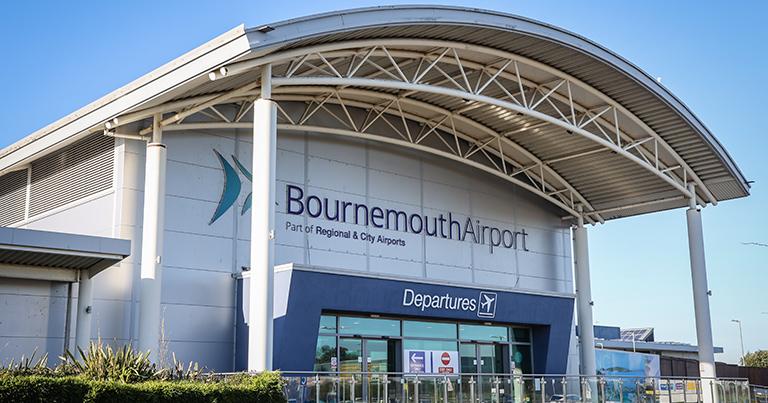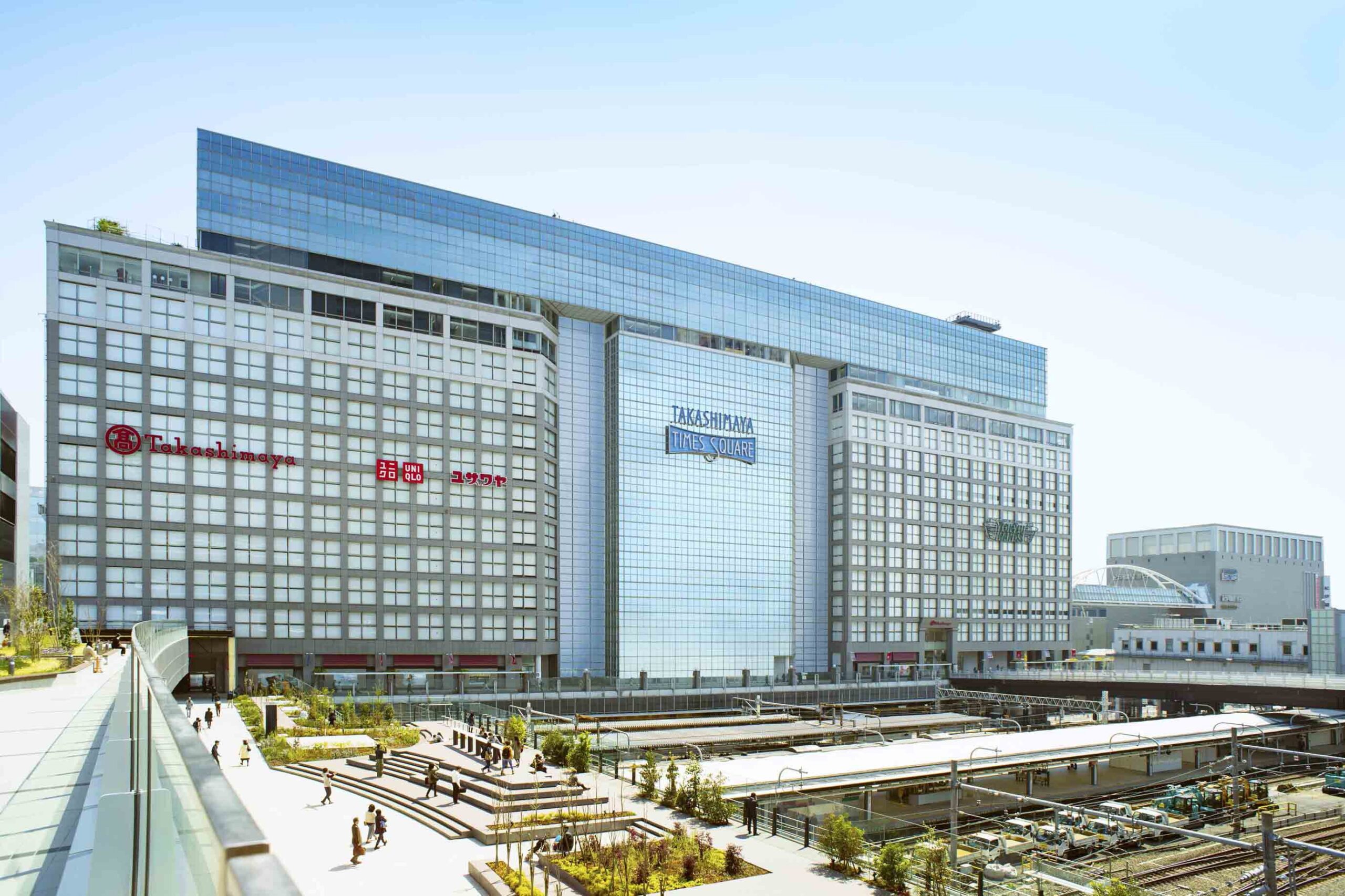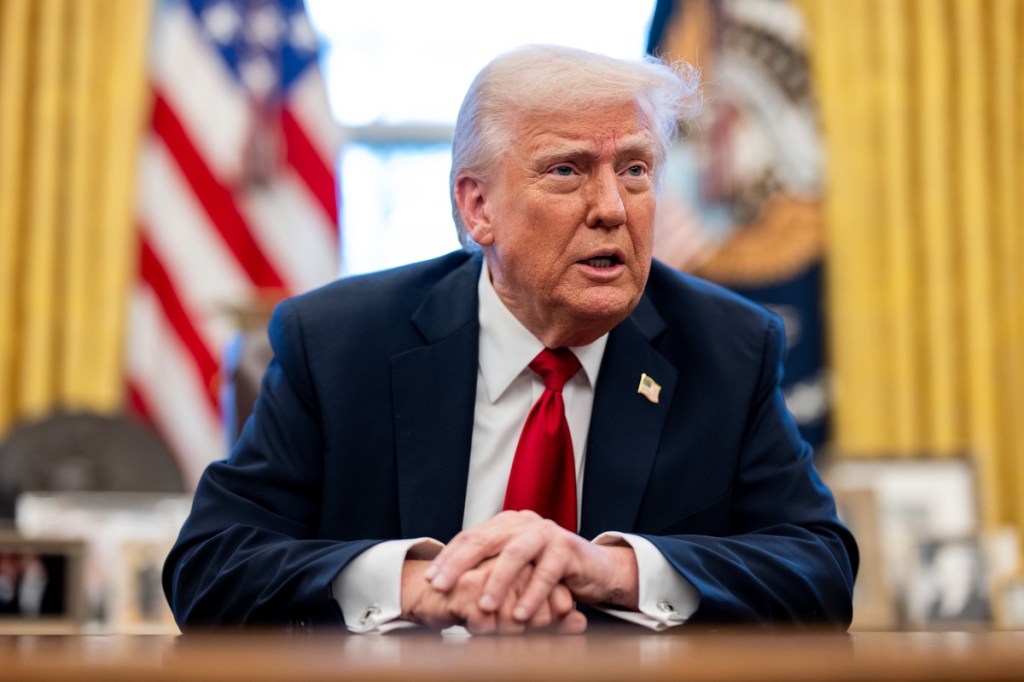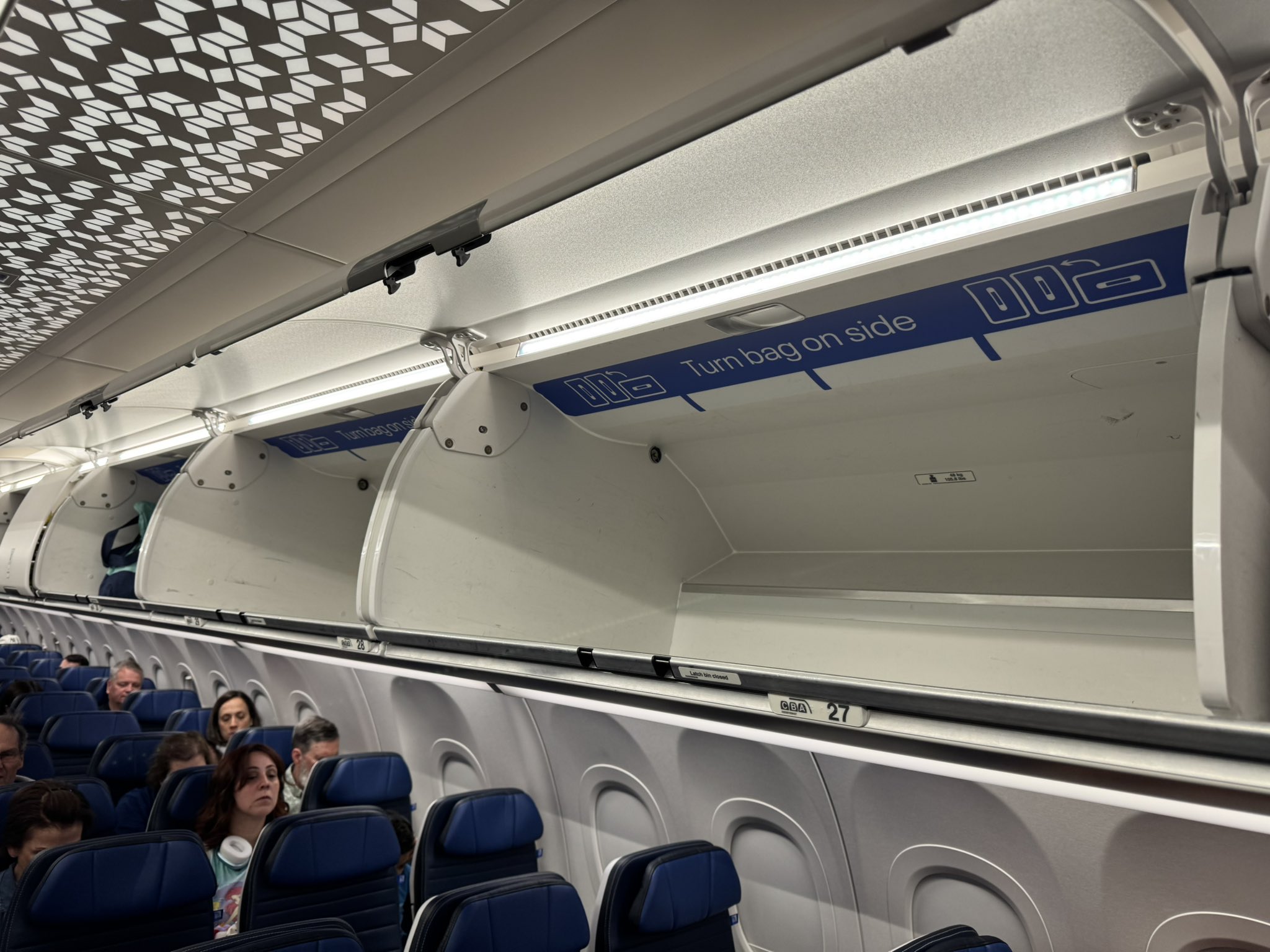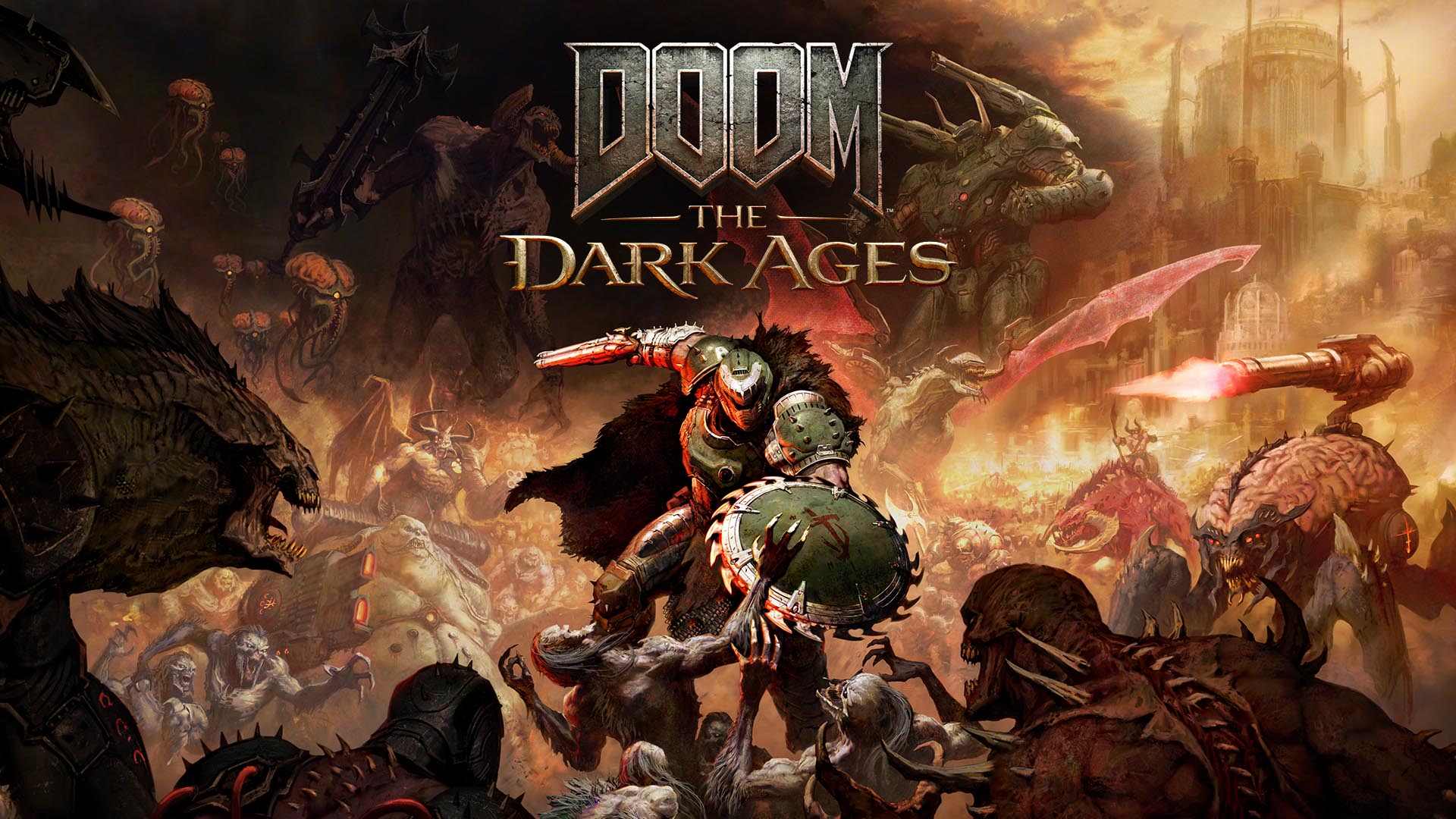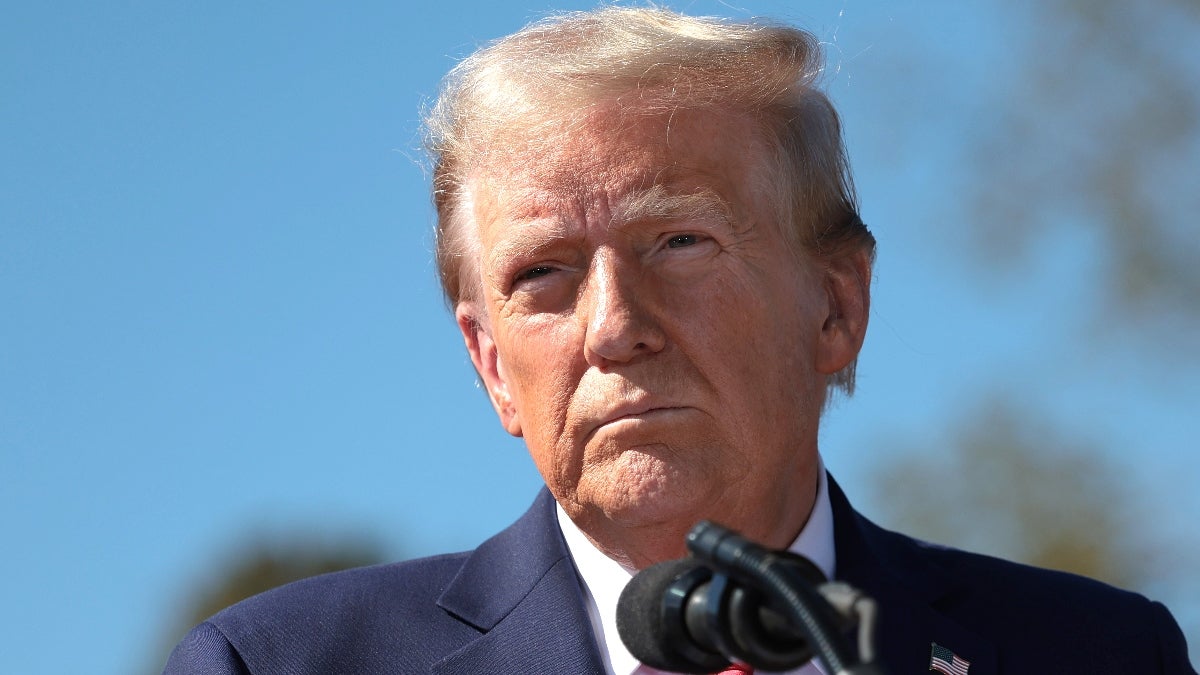Cinema United CEO Michael O’Leary Talks CinemaCon, Amazon and No Longer Being Confused With NATO
Movie theaters' top lobbyist is pushing for widespread refurbishment as the industry fights to bring moviegoers back The post Cinema United CEO Michael O’Leary Talks CinemaCon, Amazon and No Longer Being Confused With NATO appeared first on TheWrap.

This week marks the return of CinemaCon, the annual trade show for movie theater owners, in a year that is supposed to be the start of a true recovery from an industry beset by pandemics and strikes. Michael O’Leary, CEO of the recently renamed Cinema United (formerly NATO), will preside over the gathering of theater owners, industry vendors and studio executives as they look to the future.
But so far, 2025 has been marred by a deep slump similar to the ones induced in recent years by the pandemic and industry strikes. Domestic totals for the first quarter are set to finish at approximately $1.4 billion, down around 12% from last year’s $1.6 billion and 19% from the $1.72 billion of 2023.
Compare that to pre-pandemic times and it’s even worse. First quarter totals cleared $2 billion in North America every year from 2004 to 2019 and would have done so in 2020 had it not been for the pandemic shutdown in March.
Faced with changed viewership habits that have made it harder for non-franchise films to sell tickets and recent decreased consumer confidence in the general economy, movie theaters are holding on to their faith that a robust summer and holiday season can sustain them. That’s when the sequels and IP titles like “Superman” (July), “Jurassic World: Rebirth” (July) and “Avatar: Fire and Ash” (December) are expected to fill auditoriums once again.
But while theaters are not dying, they are facing an entertainment landscape in which they are substantially diminished, and O’Leary is in a fight to try to reverse that trend. In his first year as head of the group formerly known as the National Association of Theatre Owners, he has announced a campaign by the industry’s top theater chains to invest a combined $2.2 billion to update movie theaters, improving customer experience in a direct answer to the complaints of poor seats, sound and picture quality and other nuisances that have been among the reasons some have turned completely to streaming.
O’Leary has also joined the call made by AMC CEO Adam Aron and other top execs for studios to increase the number and variety of films they put in theaters to encourage more moviegoing and reduce the chance of future slumps.
With some studios like Warner Bros. and Paramount facing financial headwinds and upcoming mergers, it is unclear how much that call will be answered. But theaters will get help from Amazon MGM Studios, which is planning to release at least 12 films per year in theaters going forward in a move that effectively makes them a replacement to 20th Century Fox, whose theatrical output has significantly decreased since its 2019 acquisition by Disney.
O’Leary discussed Amazon’s big debut at CinemaCon, the ongoing plans to refurbish theaters, and why his organization decided to change its name to one that doesn’t share an acronym with a major force in international politics. The interview has been lightly edited for clarity.
OK, be honest: how much was the name change to Cinema United influenced by the desire to no longer be confused with the other NATO?
Well, sure. That was part of it. It wasn’t related to anything specific going on in the world today. This has been a tension which has existed as long as both of them have existed. Certainly in Washington, when you tell people that you work for NATO, their first instinct isn’t to think that you work for theater owners. It’s to think that you work for the multinational alliance.
What we were really trying to do, and I think we were successful, was create a name which draws attention to what it is we do: promote moviegoing. We wanted people to think about going to the movies when they heard the name and saw the brand, not necessarily to think about the trade association. We think Cinema United is a modern, fresh update which will serve us well as we move into the future. And we won’t be answering any more questions about NATO, that’s certainly true.
The Q1 box office is down 12% from last year and by more than half of the industry record set in 2017. The summer and holiday slates were the reason why so many in exhibition were optimistic, but was this poor start something you took into account?
When we look at the year, we do it in a very conservative way, and we don’t put too much stake on any specific movie, any specific week, any specific month. We evaluate the potential impact of a slate looking at the entire year. I think there was probably some expectation that the first quarter might be a little bit slow or not necessarily where we had hoped or wanted it to be. But I think that when we look back at this entire year, when we get to the end of it, it’ll be a positive story overall. So I think that, frankly, the first quarter has kind of been what people expected or maybe slightly below. But I think that the real energy is probably this summer, moving through the end of the calendar year.
Executives in your industry have said over and over that they need more films to screen. Based on your talks with studios, how many more films do you think Hollywood can provide in the years ahead compared to what they are providing now?
It’s an important question, and one that, while we don’t have a clear answer, we are hopeful that we will have more in 2026 than we do now, and so on. If you look at the number of wide releases this year in total, it will exceed what we’ve had in the past few years, so things are trending in the right direction. We have new entrants, or sort of new entrants, into the field, like Amazon MGM. They’re going to be presenting at CinemaCon. They have outlined a very aggressive number of films that they want to create for theatrical exhibition. We’re excited to see what they do in the future.
Do you think Amazon MGM can fill in the hole left behind by 20th Century Fox?
Certainly. If you listen to their what they’re saying, it is their intent to have a robust slate every year, and they could definitely take up some of that gap that you alluded to when Fox was absorbed into Disney. Consolidation is one of the top concerns that I have for our industry going forward. There’s constantly speculation about it. We have reached out to people at the Justice Department in Washington, other policy makers about our concerns about consolidation and the impact it’ll have on the number of movies that are available. That isn’t going away in the short term, but I do feel that if Amazon could step into that that breach and really provide some significant number of movies, it would be a tremendous step forward for the entire industry.
You made infrastructure investment a core aspect of your first year as head of Cinema United. Are there any developments on that front that we might see at CinemaCon?
We’ve already started to see different circuits make those investments, whether it’s putting in new types of seating or upgrading projectors. And this is not just in the big circuits. It’s all the way from the world’s largest down to the one screen Mom-and-Pop theater in a rural community.
Because of that, you’re going to continue to hear a regular cadence of those things coming out, and we intend to go back and try and chart the progress and report that out so that people can see it. One of the things that we’re doing is releasing a report that snapshots all the great reinvestment that’s going on in communities across the country and around the world. We’re going to do more and more of that as we go forward, because the work that’s being done in these theaters is really something special and something that we don’t think gets the attention that it deserves.
During his Oscar acceptance speech, Sean Baker pleaded with Hollywood to commit more films to theaters to stop the trend of closures that we have seen in recent years. At what point do you think the box office will have rebuilt enough that it stabilizes and these closures taper off?
I don’t know that we’ve been unstable at any point in the recent past, I think there were certainly detractors who argued during the pandemic that all theaters were going to close and it was the end of the cinematic experience. Obviously, we haven’t seen that. There were clearly theaters that were impacted by the pandemic, the economic downturn, and then you layer the strike on top of that. But at the same time, there have been a number of those theaters that other circuits have gone in, purchased them, refurbished them and reopened them.
So when you chart the history of this industry, there’s always been an ebb and a flow of the number of screens and the number of theaters. And I think that what’s going on right now is just a part of that natural process. At times, the number is going to increase, and at other times, the number is going to decrease.
A big part of this variable is, to go back to an earlier question you asked, that without having the product to play in the theaters, as we’ve had over the last four or five years, that makes it awfully hard to successfully operate a theater. There’s just a lot of factors that go into why different businesses succeed or fail, so I try to resist making kind of generalized statements. I don’t know that there’s a magic number we have to hit in order for everything to be stable, but I think there are examples out there of really, really well-run circuits that are succeeding.
If you look at our Marquee Award winner this year, it’s Sean Gamble from Cinemark. And one of the reasons is he’s running a top flight organization and has done so both during and after the pandemic. We wanted to highlight his business acumen and all the great work that his team is doing to basically tell the whole world that you can successfully operate a theater even in a difficult environment like we’ve had over the last five years.
The post Cinema United CEO Michael O’Leary Talks CinemaCon, Amazon and No Longer Being Confused With NATO appeared first on TheWrap.





![The Depressing Relevance of ‘The Stepford Wives’ [Horror Queers Podcast]](https://bloody-disgusting.com/wp-content/uploads/2025/04/Stepford-Wives.jpg)

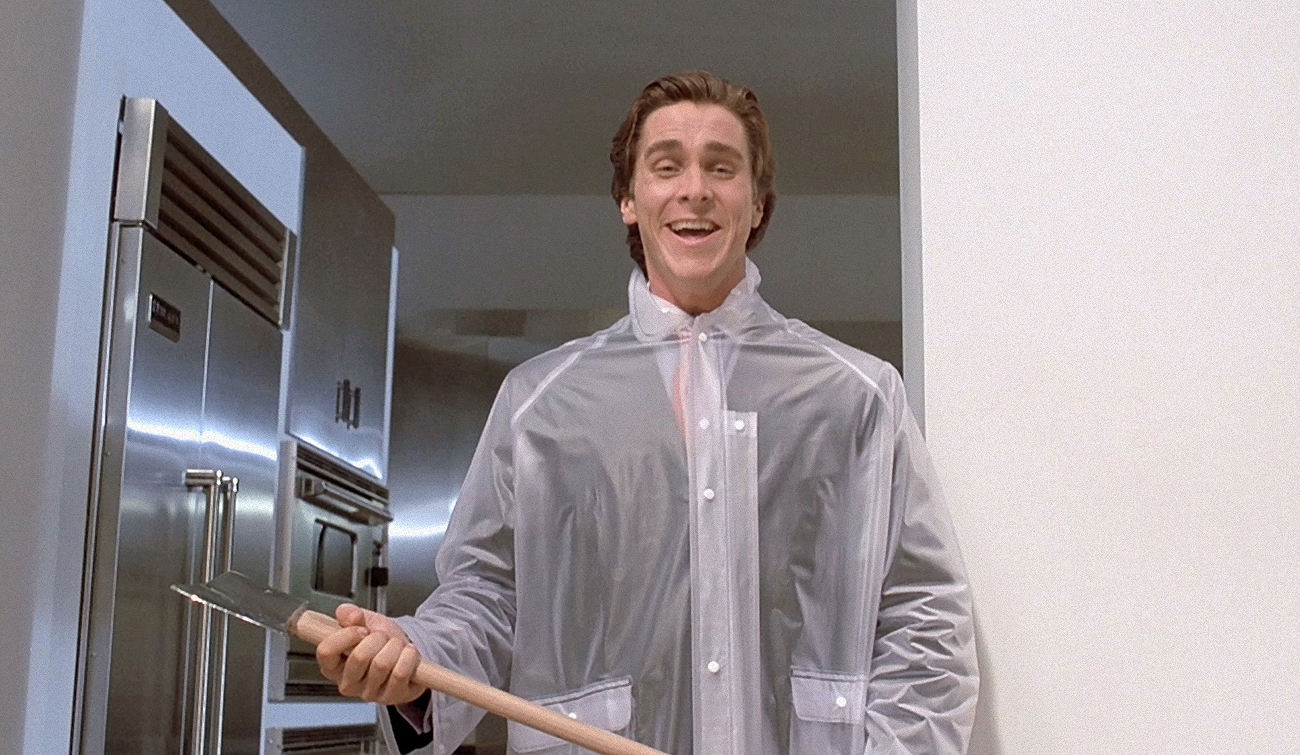





















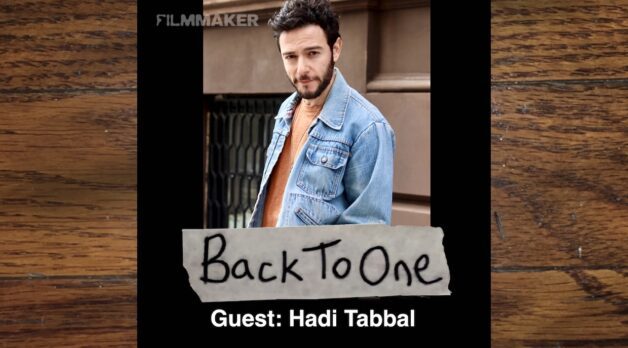
















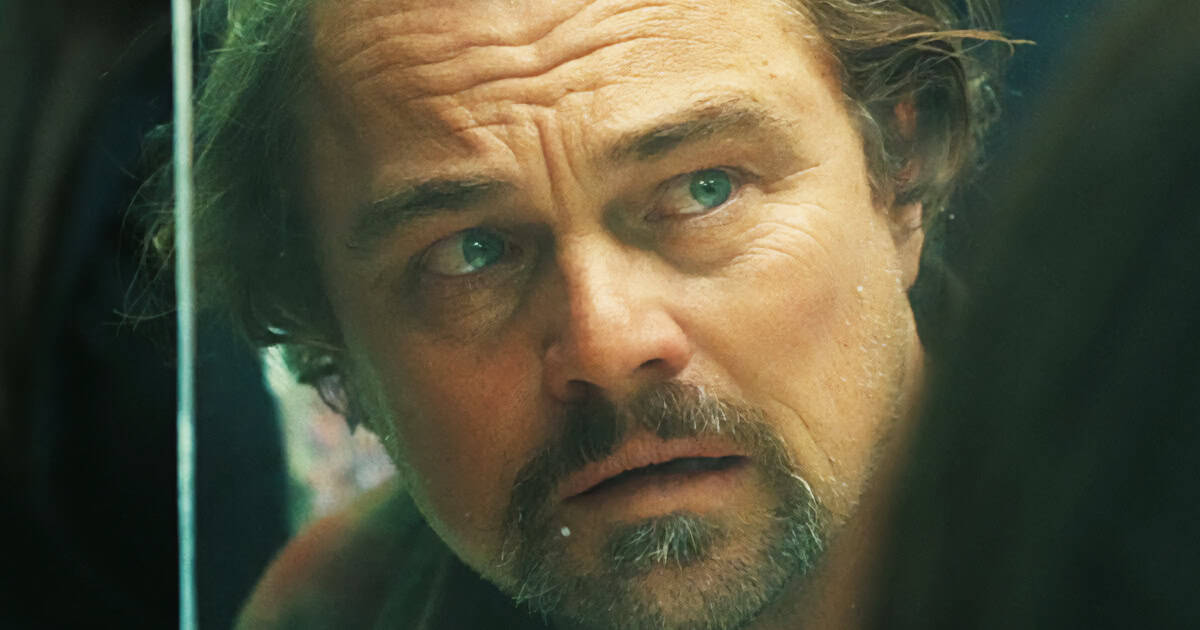



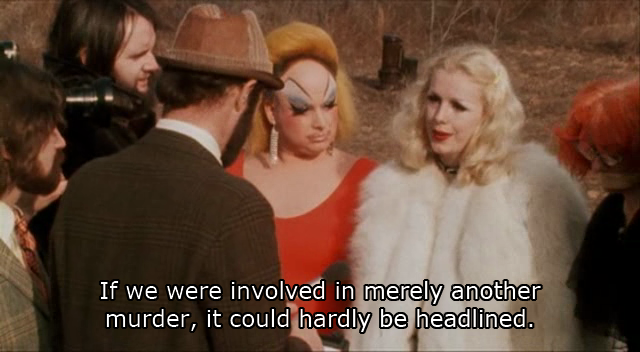
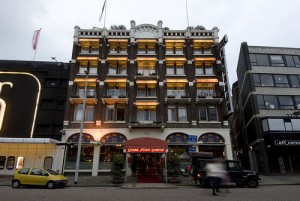




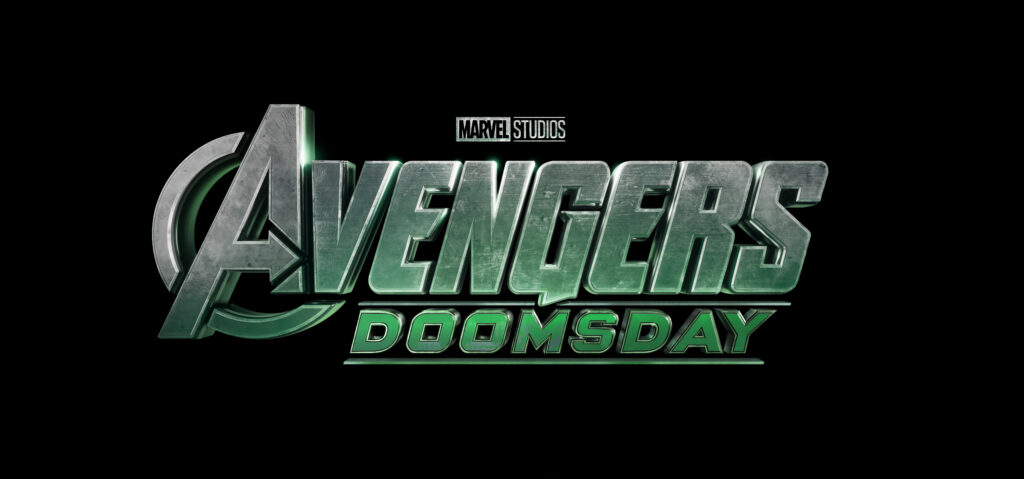


























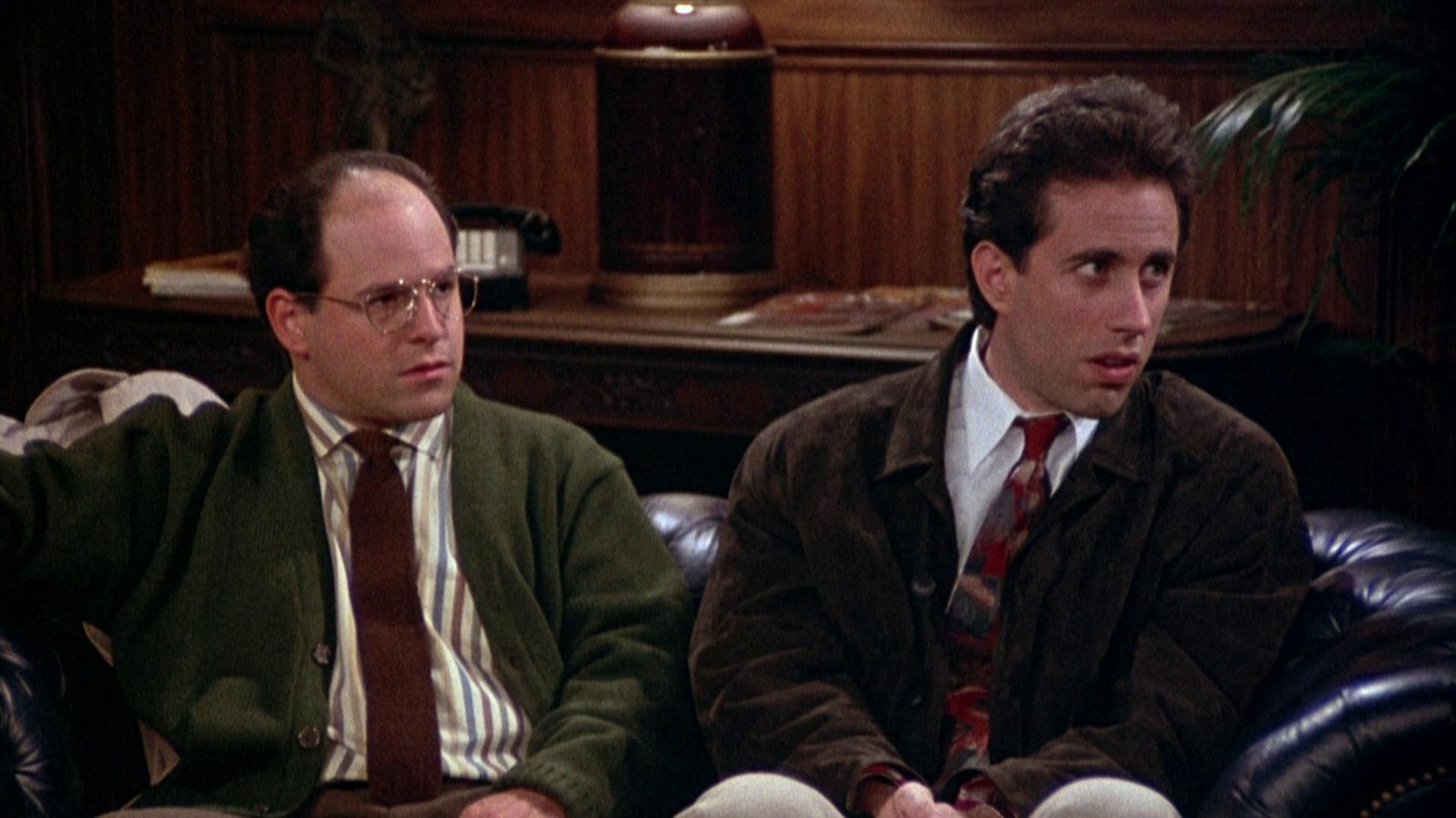

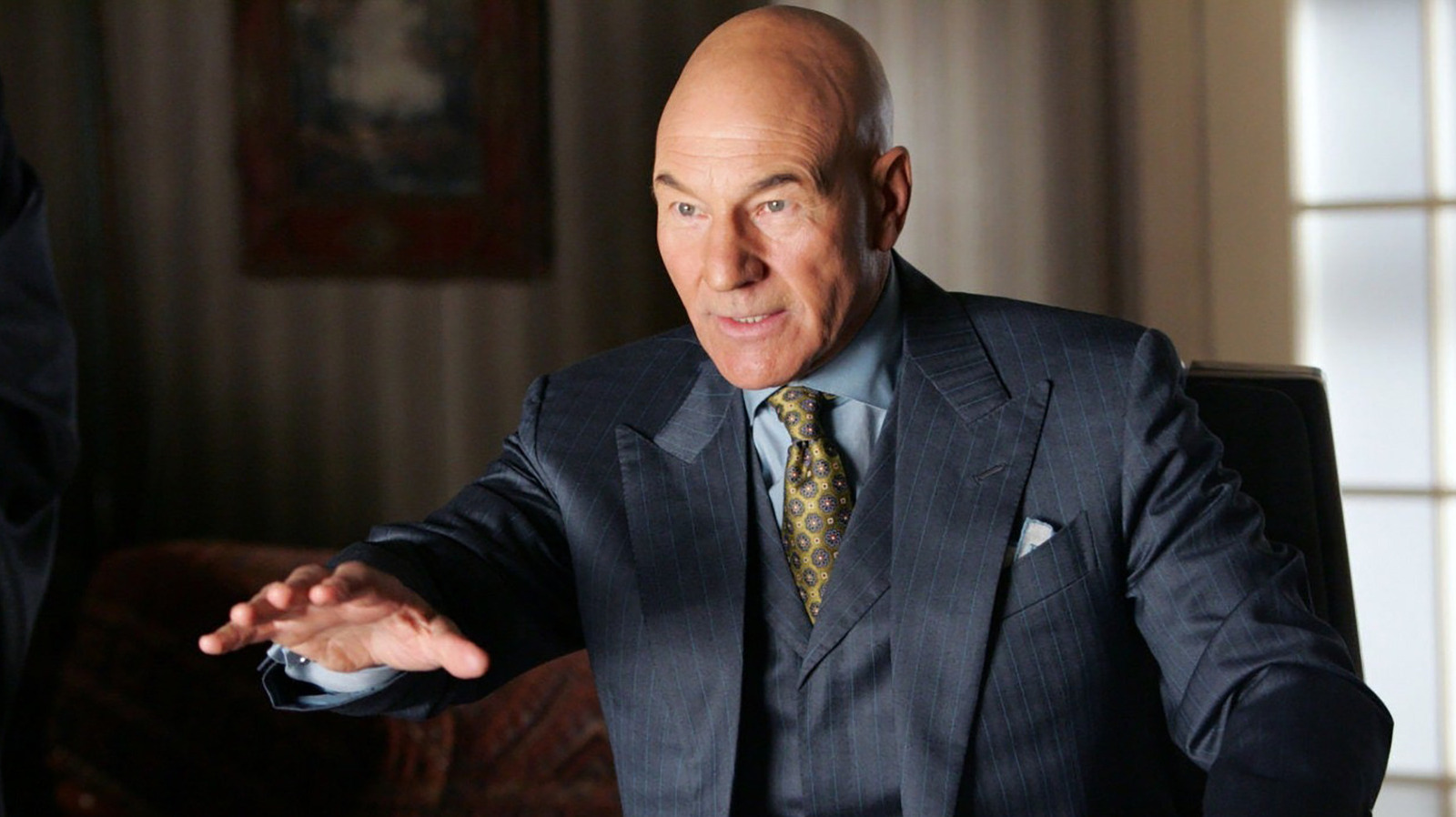




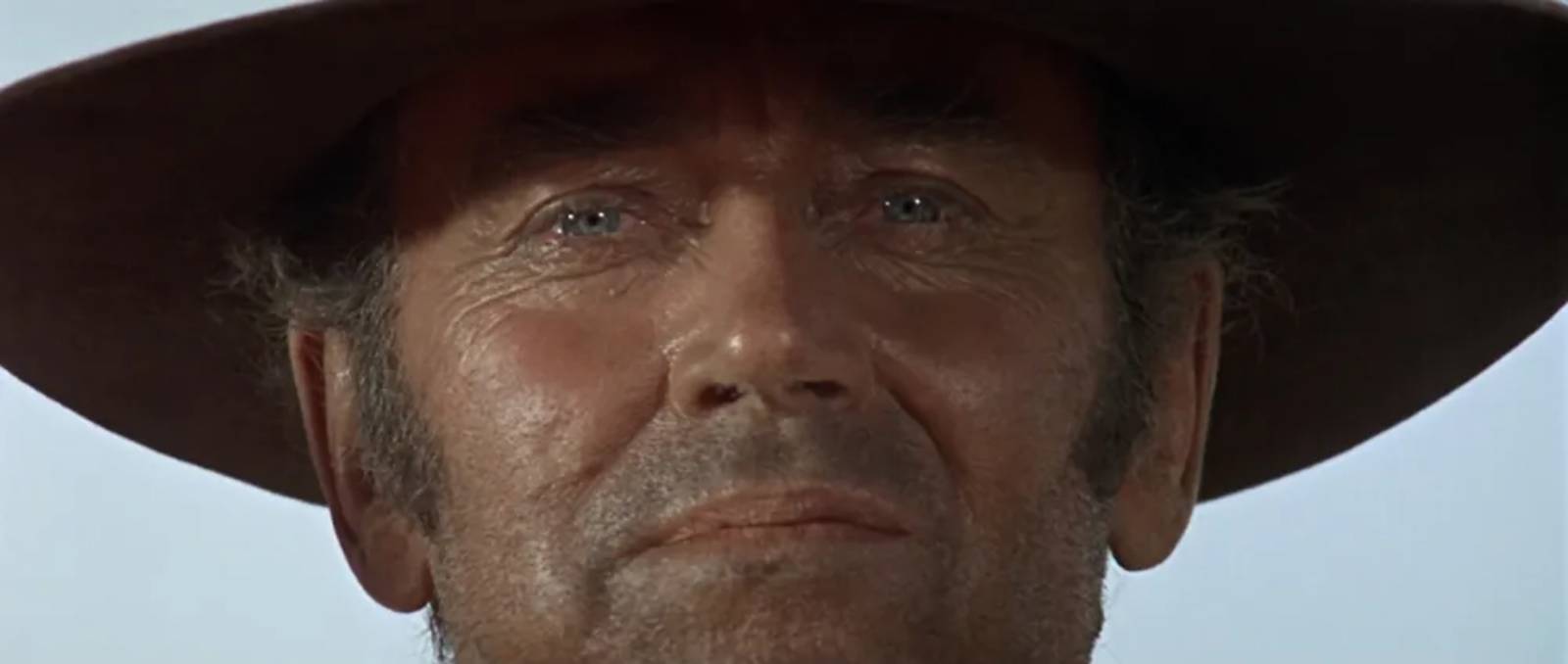


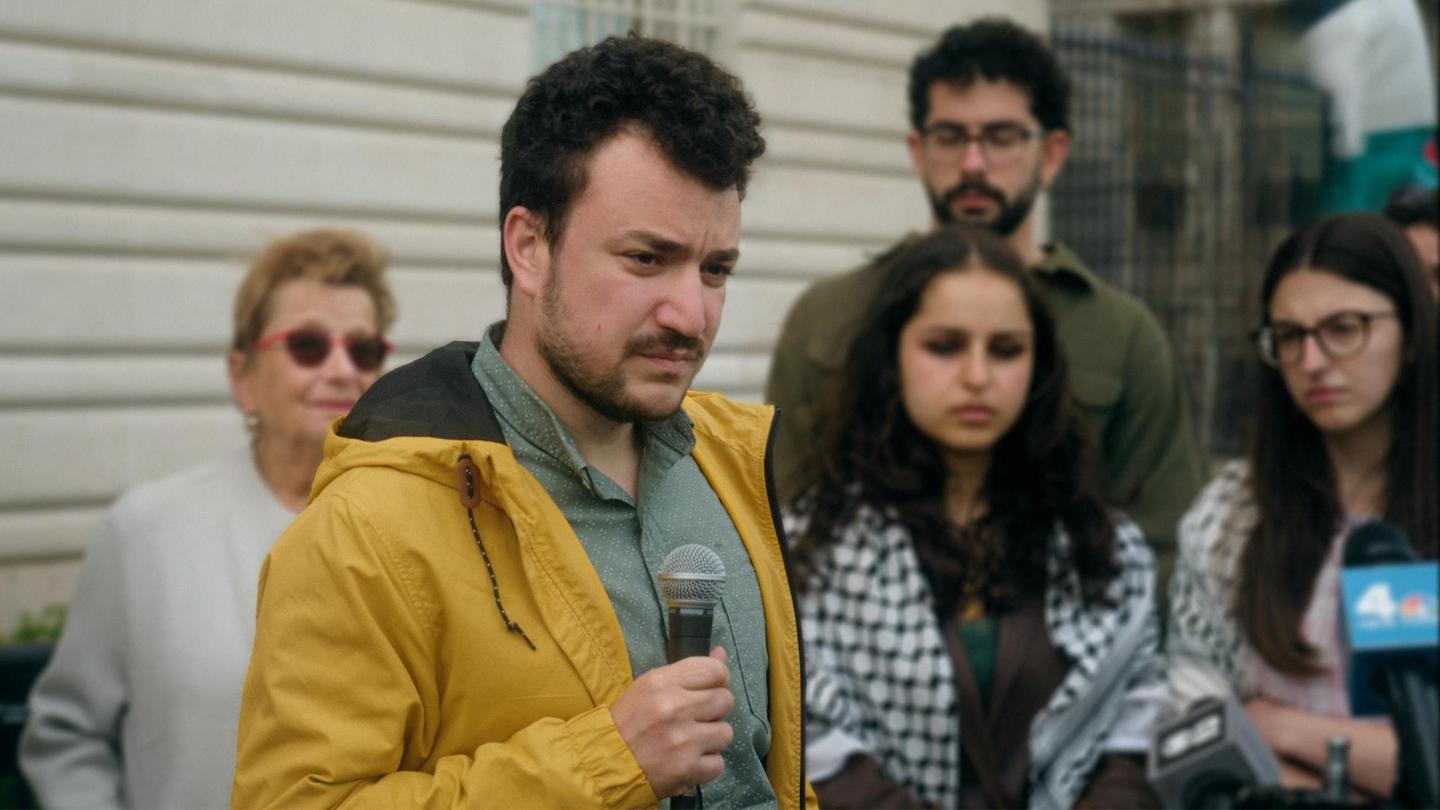




![David Fincher To Direct Brad Pitt In ‘Once Upon A Time In Hollywood’ Sequel Written By Quentin Tarantino [Exclusive]](https://cdn.theplaylist.net/wp-content/uploads/2025/03/31164409/David-Fincher-To-Direct-Brad-Pitt-In-%E2%80%98Once-Upon-A-Time-In-Hollywood-Sequel-Written-By-Quentin-Tarantino-Exclusive.jpg)

![The Weeknd Closes Lionsgate’s More ‘Hunger Games’ And ‘John Wick’ Pitch To Theater Owners [CinemaCon]](https://cdn.theplaylist.net/wp-content/uploads/2025/04/01162058/TheWeekndCinemaCon.jpg)


